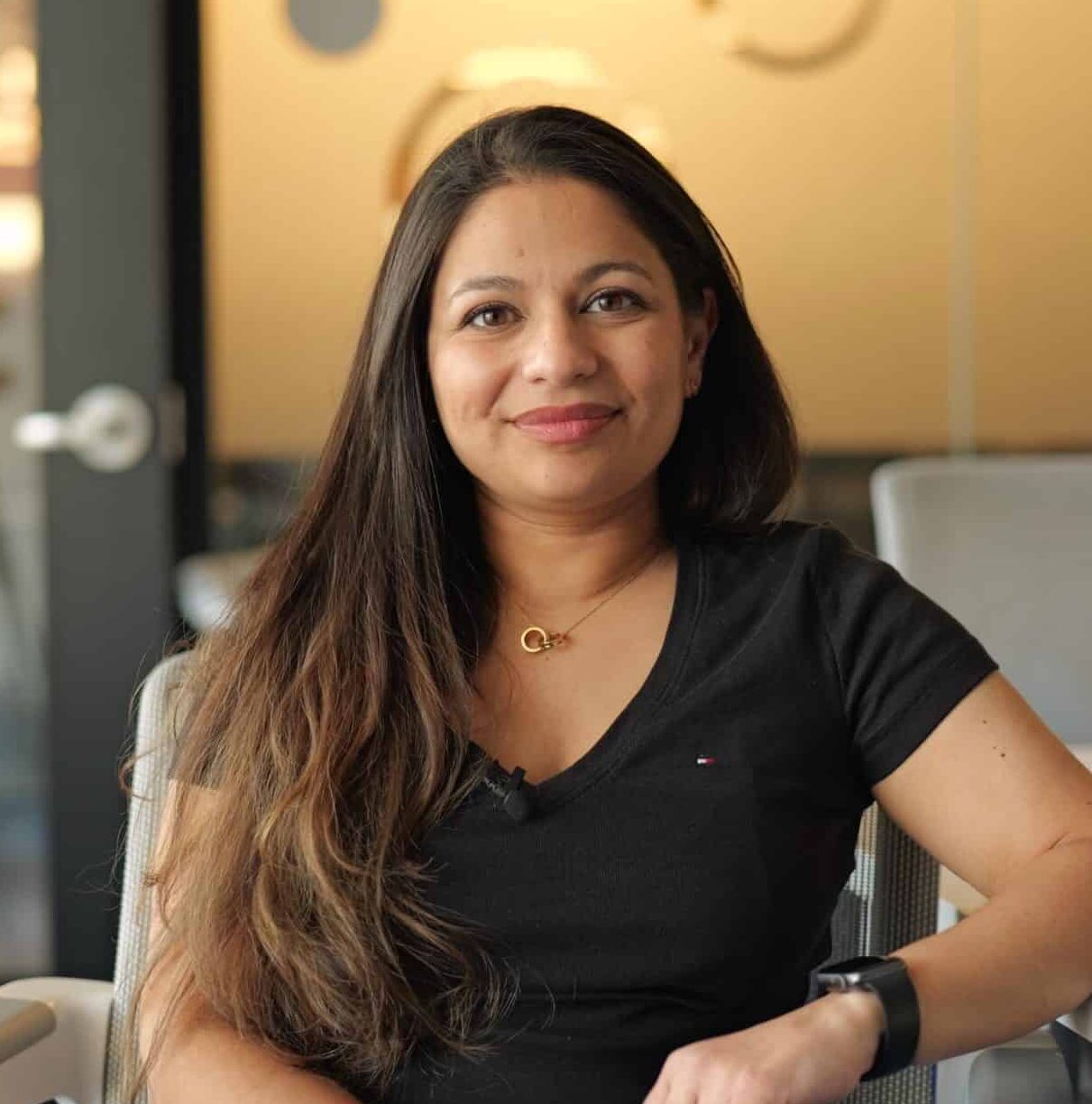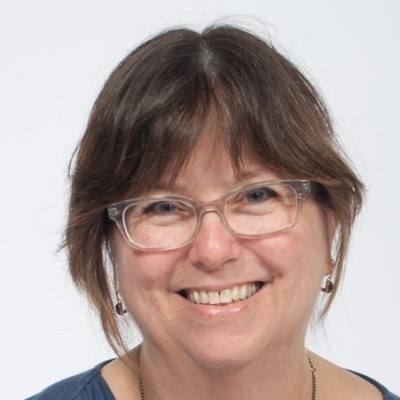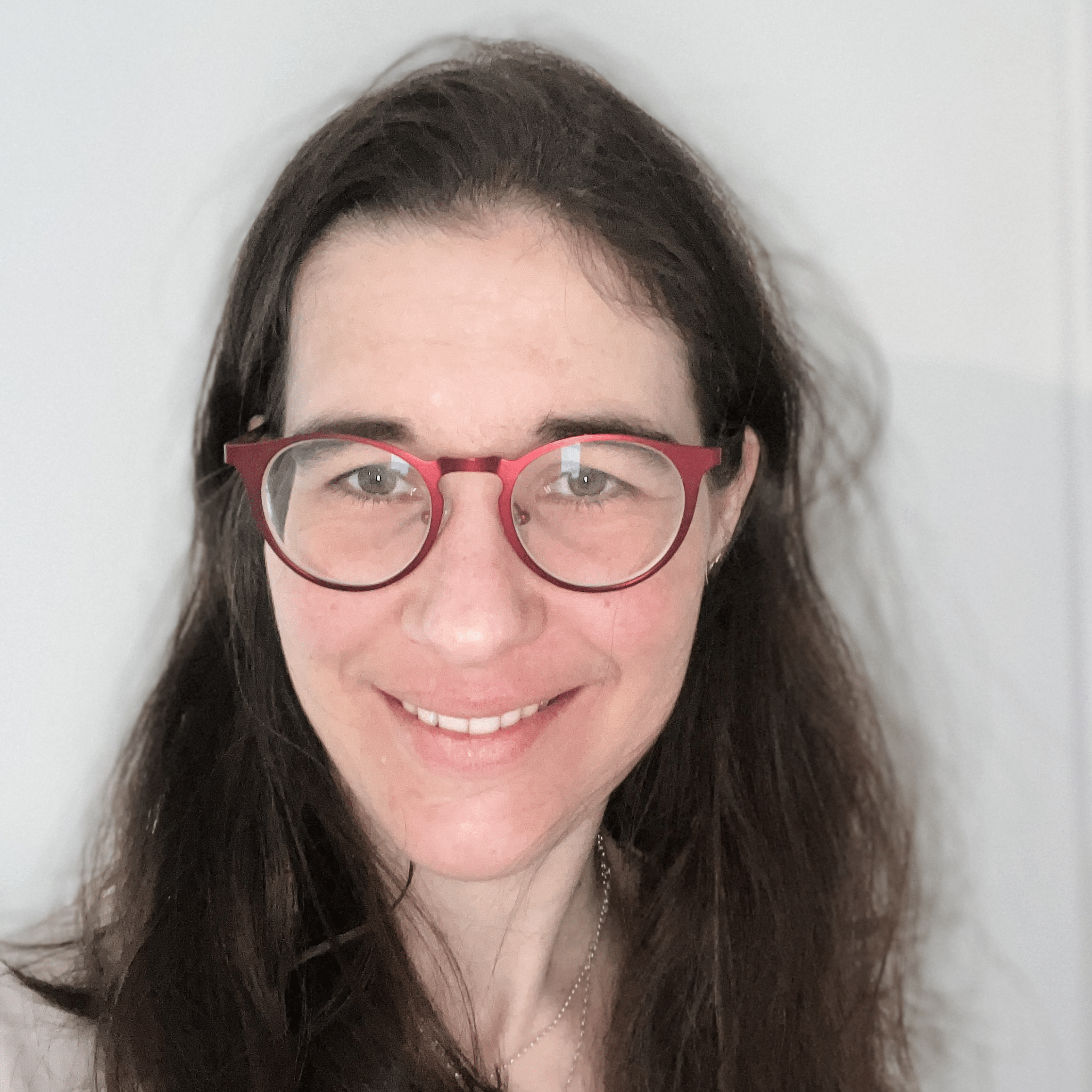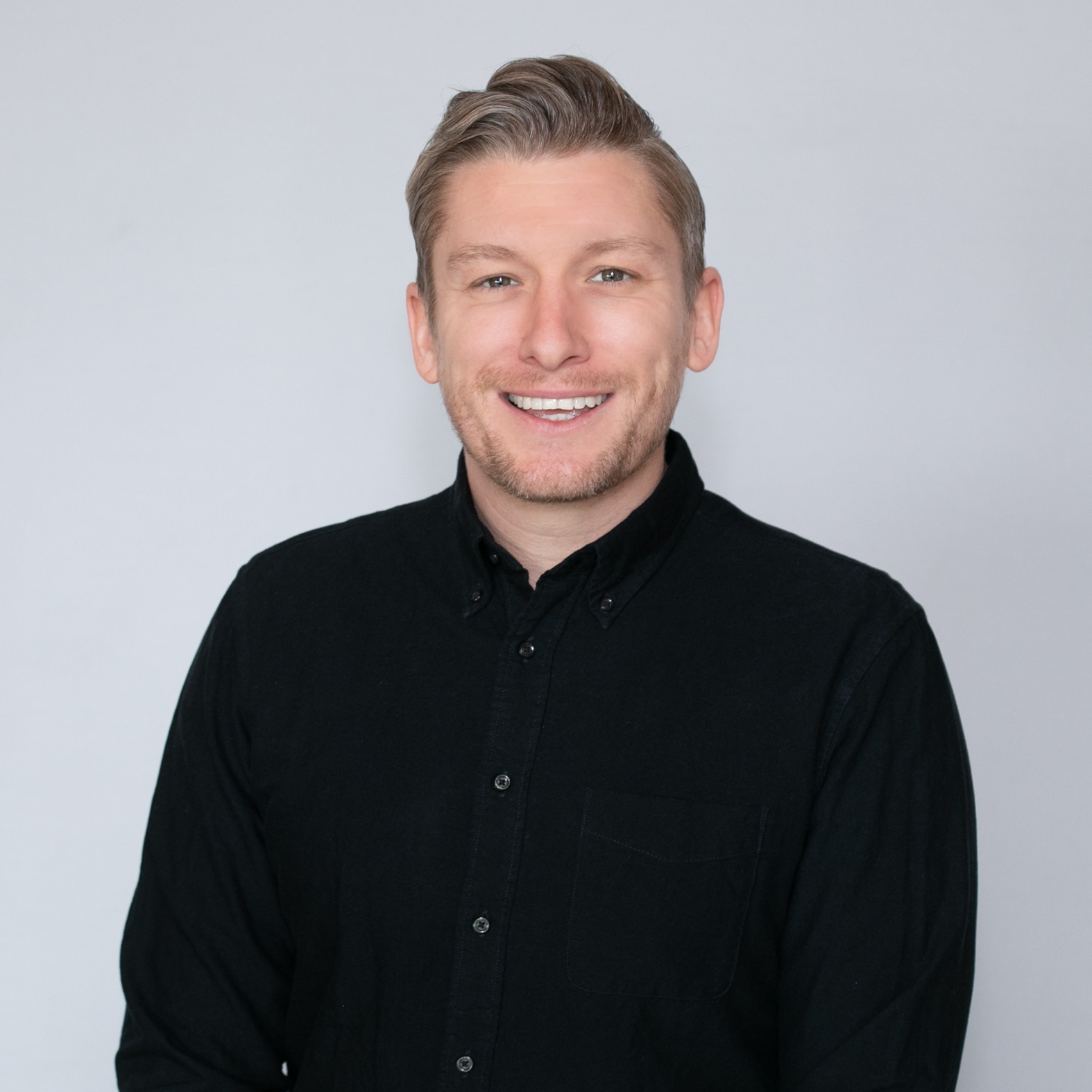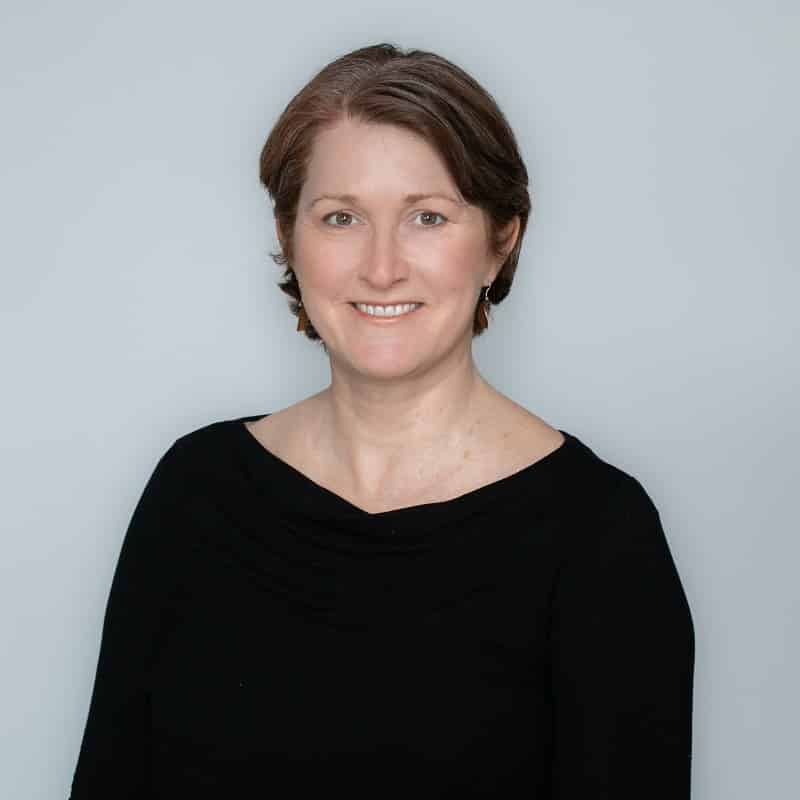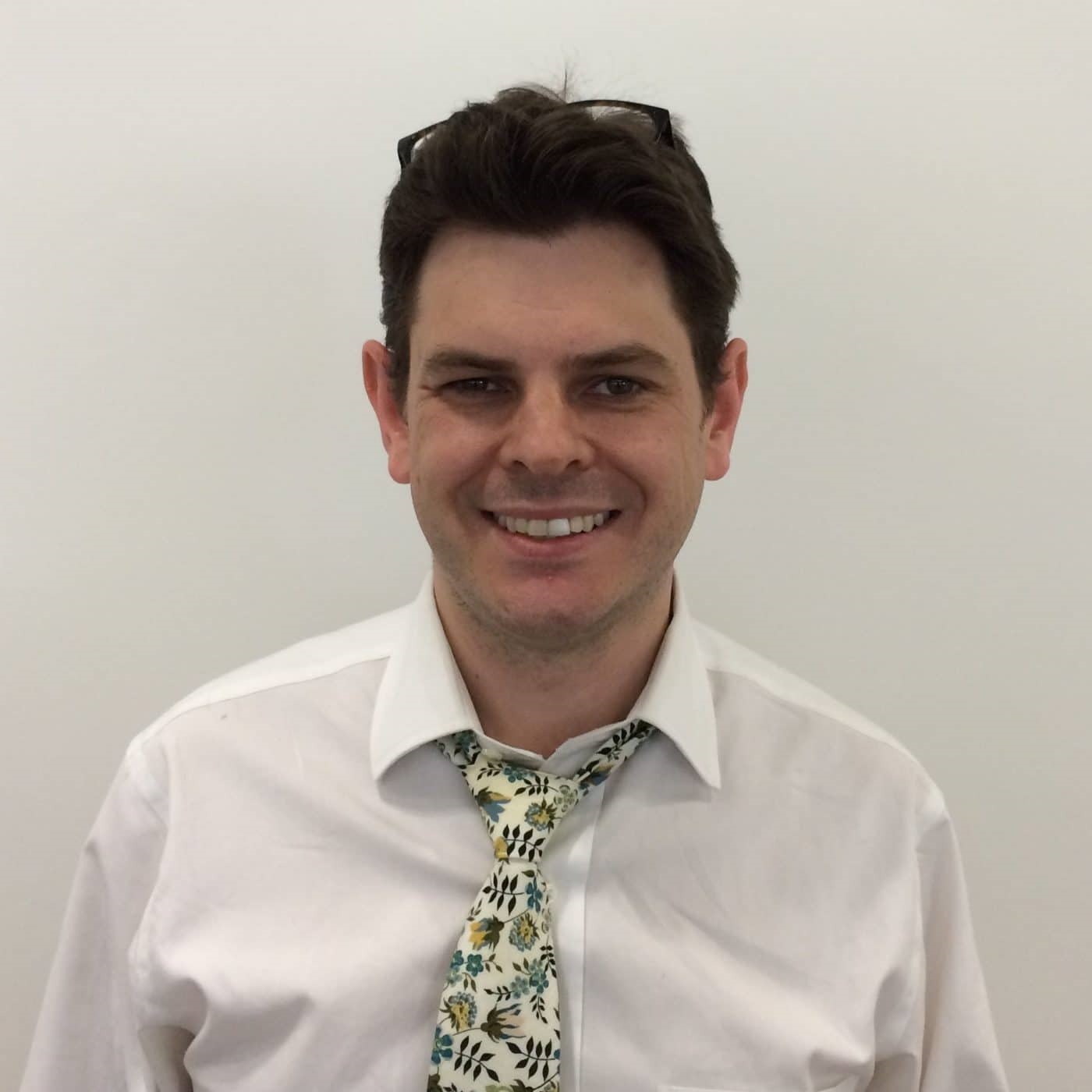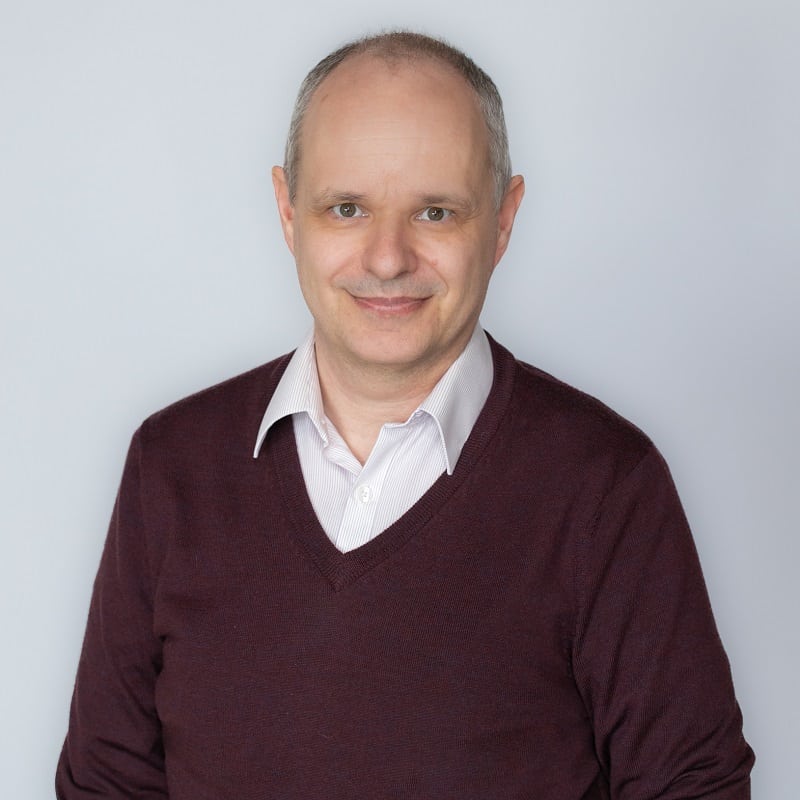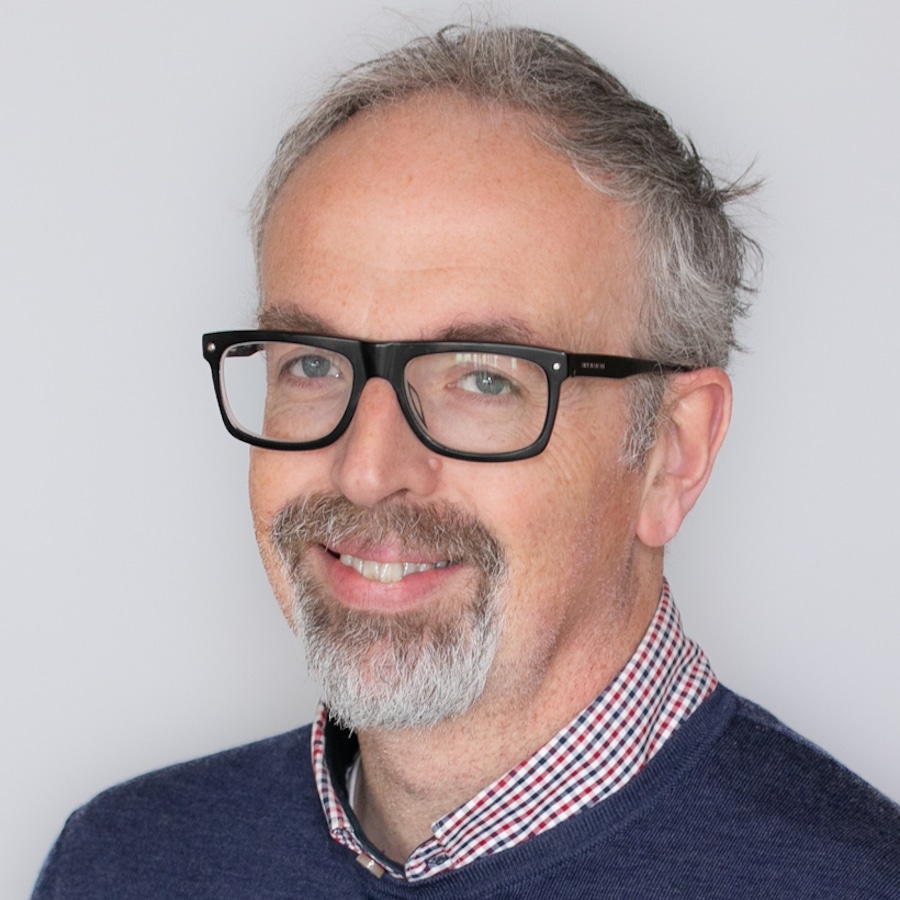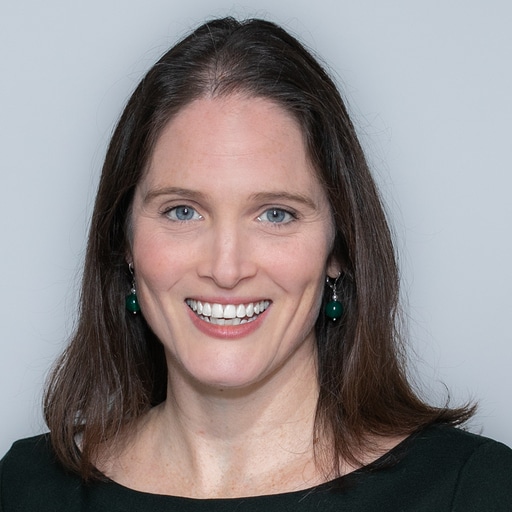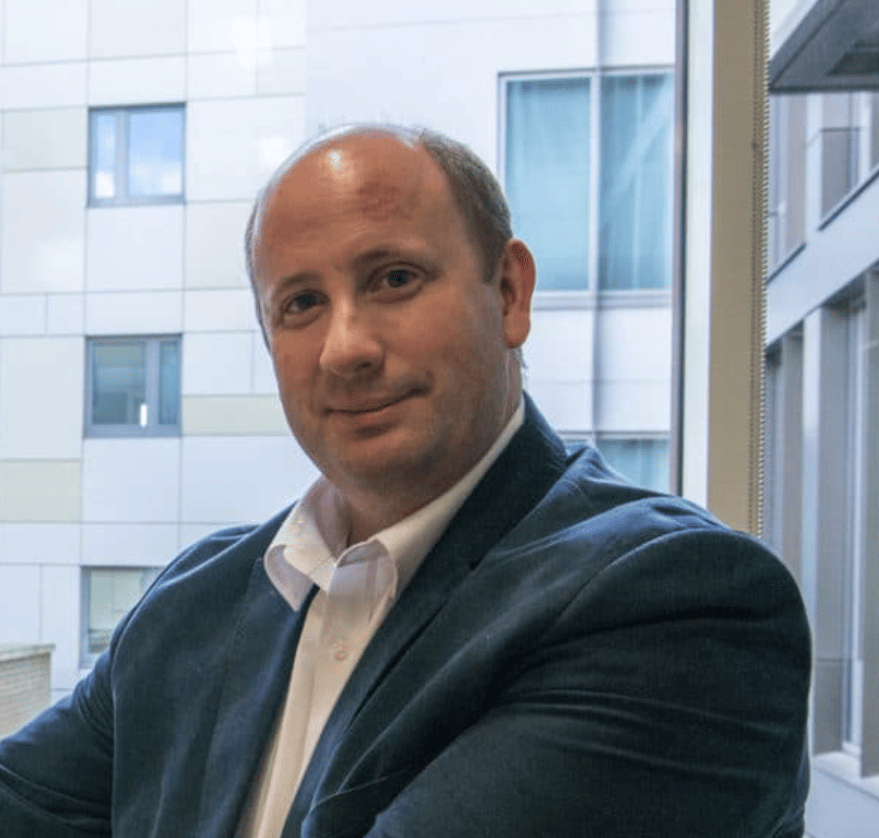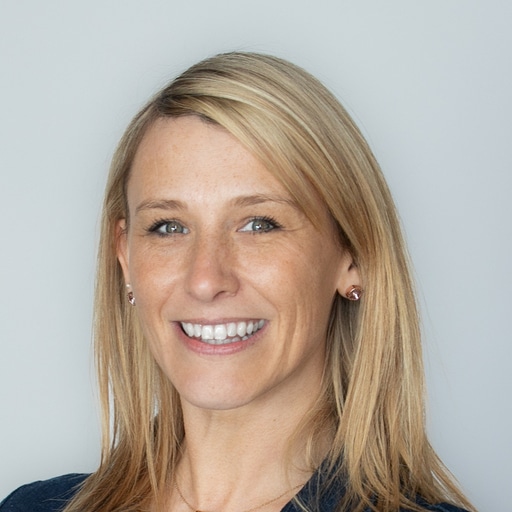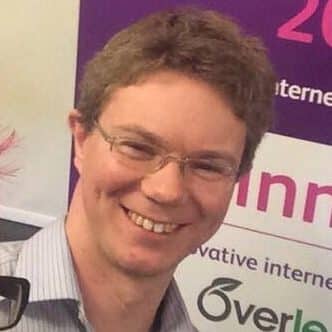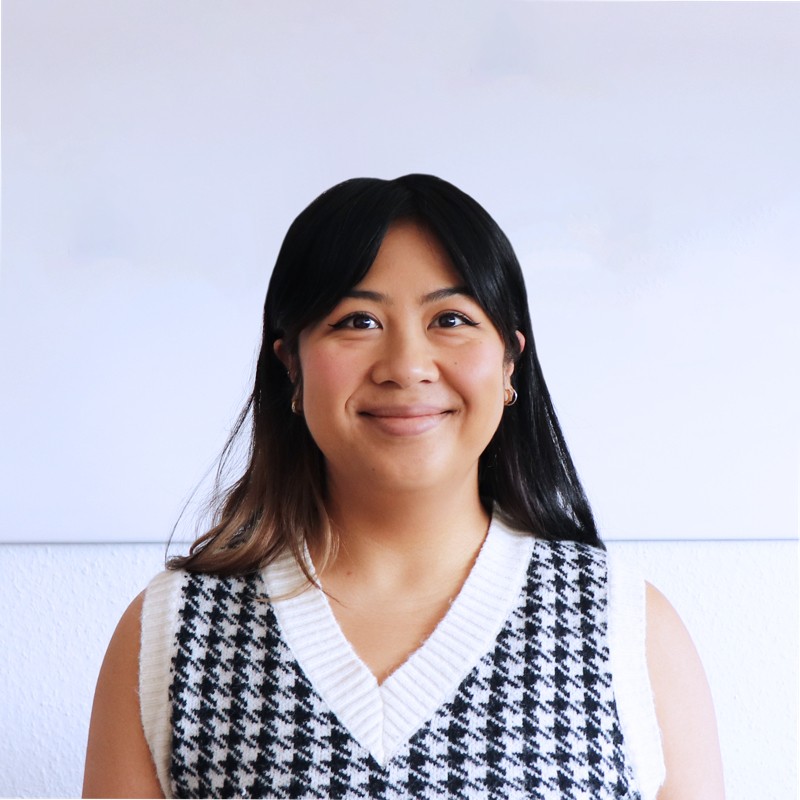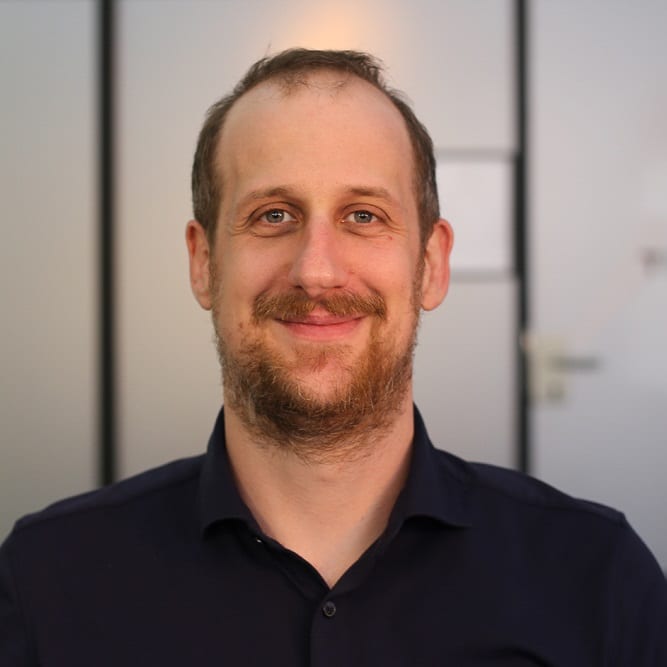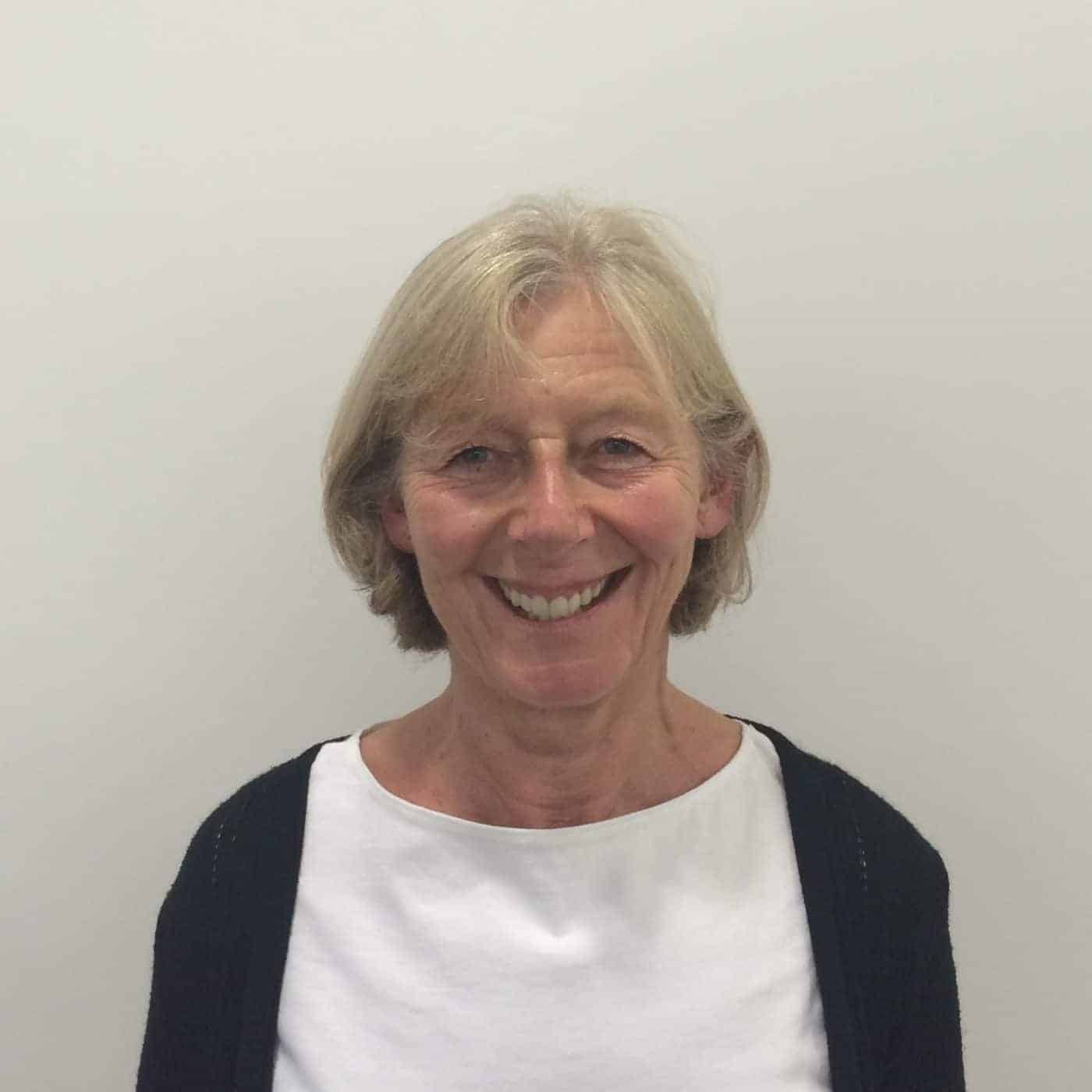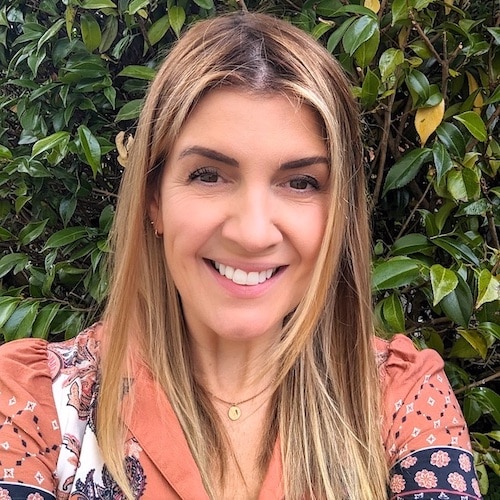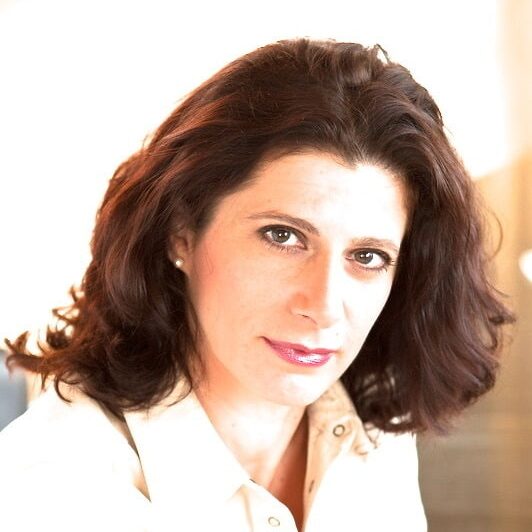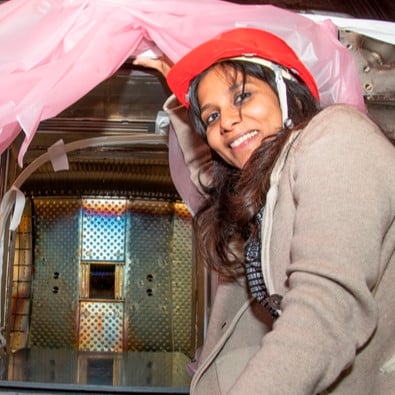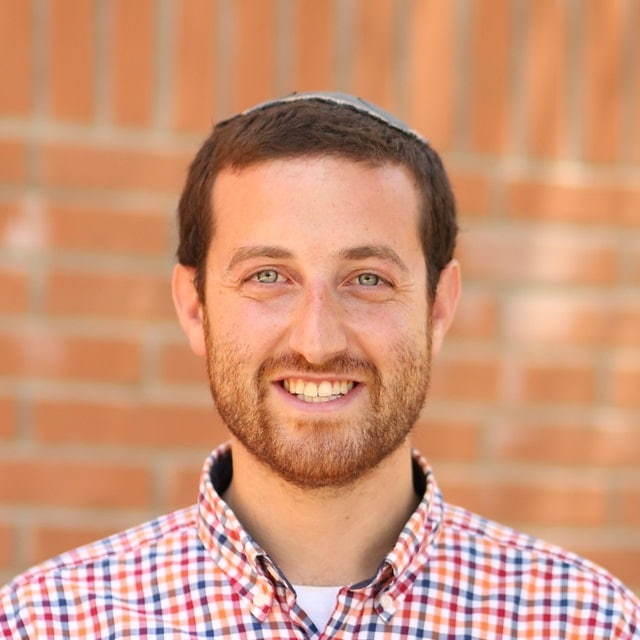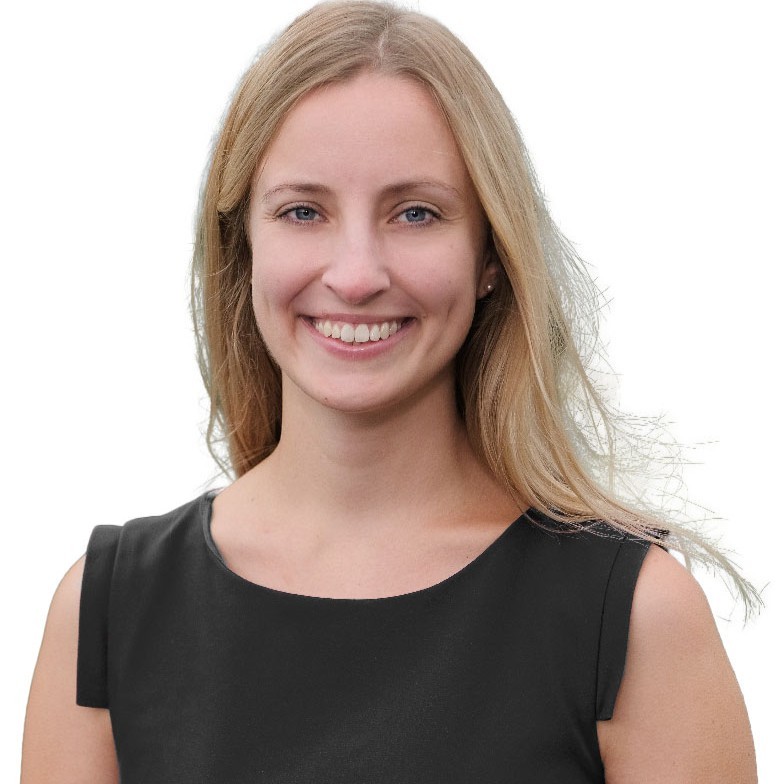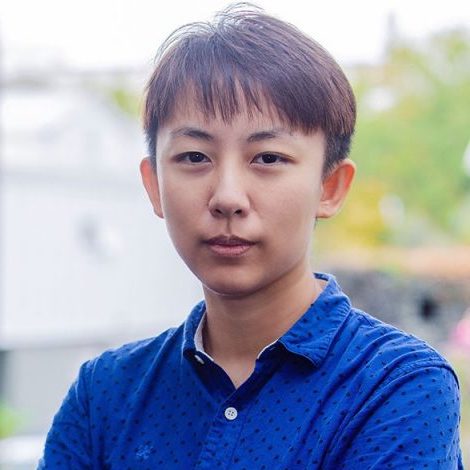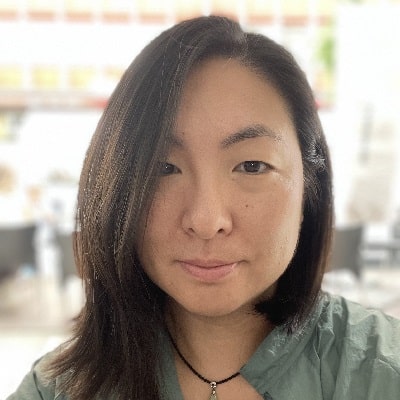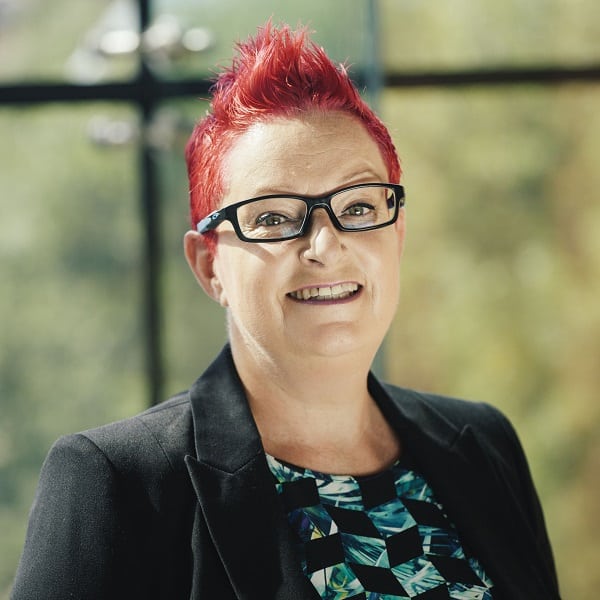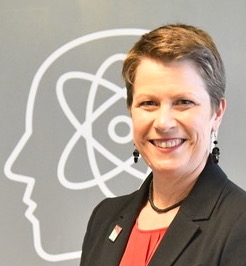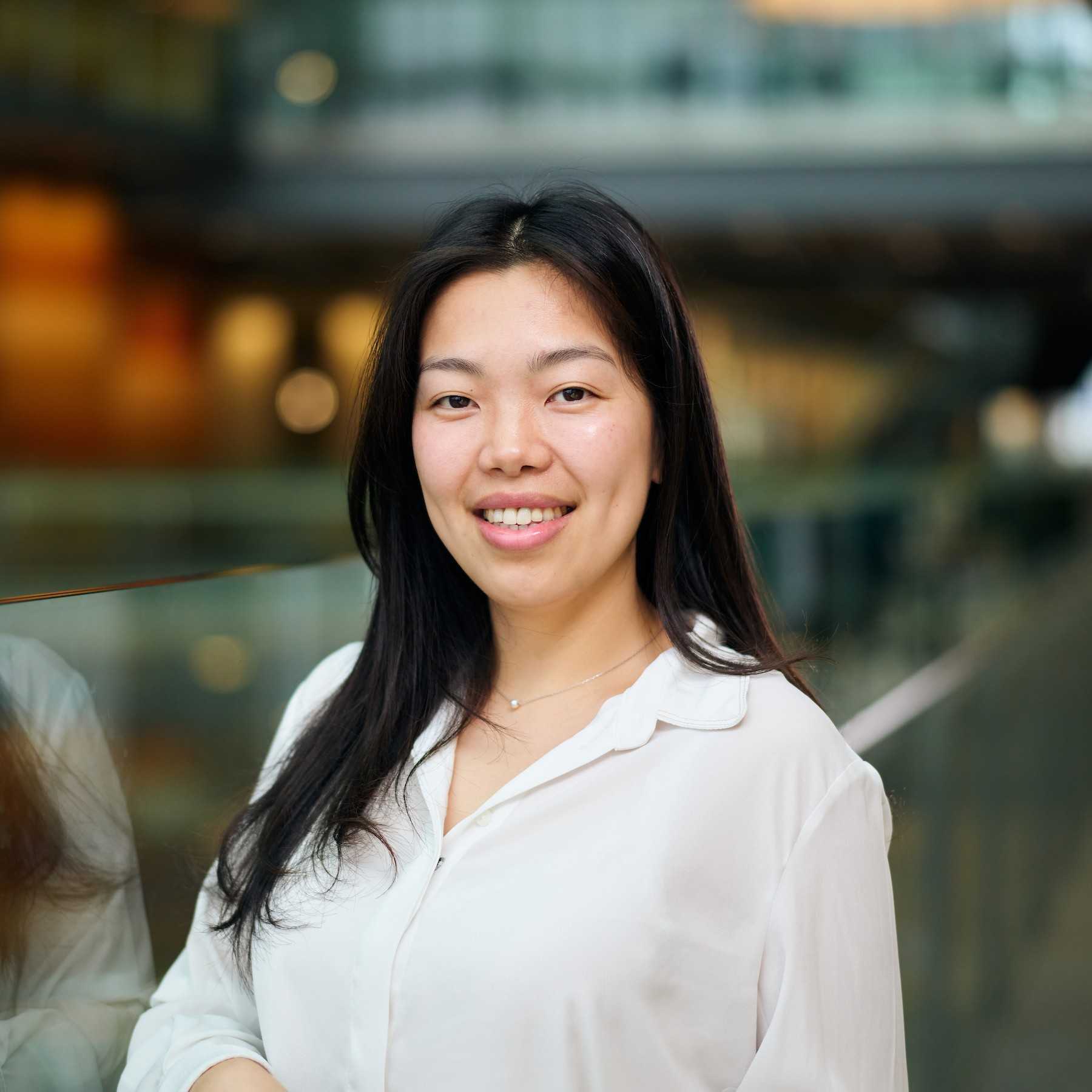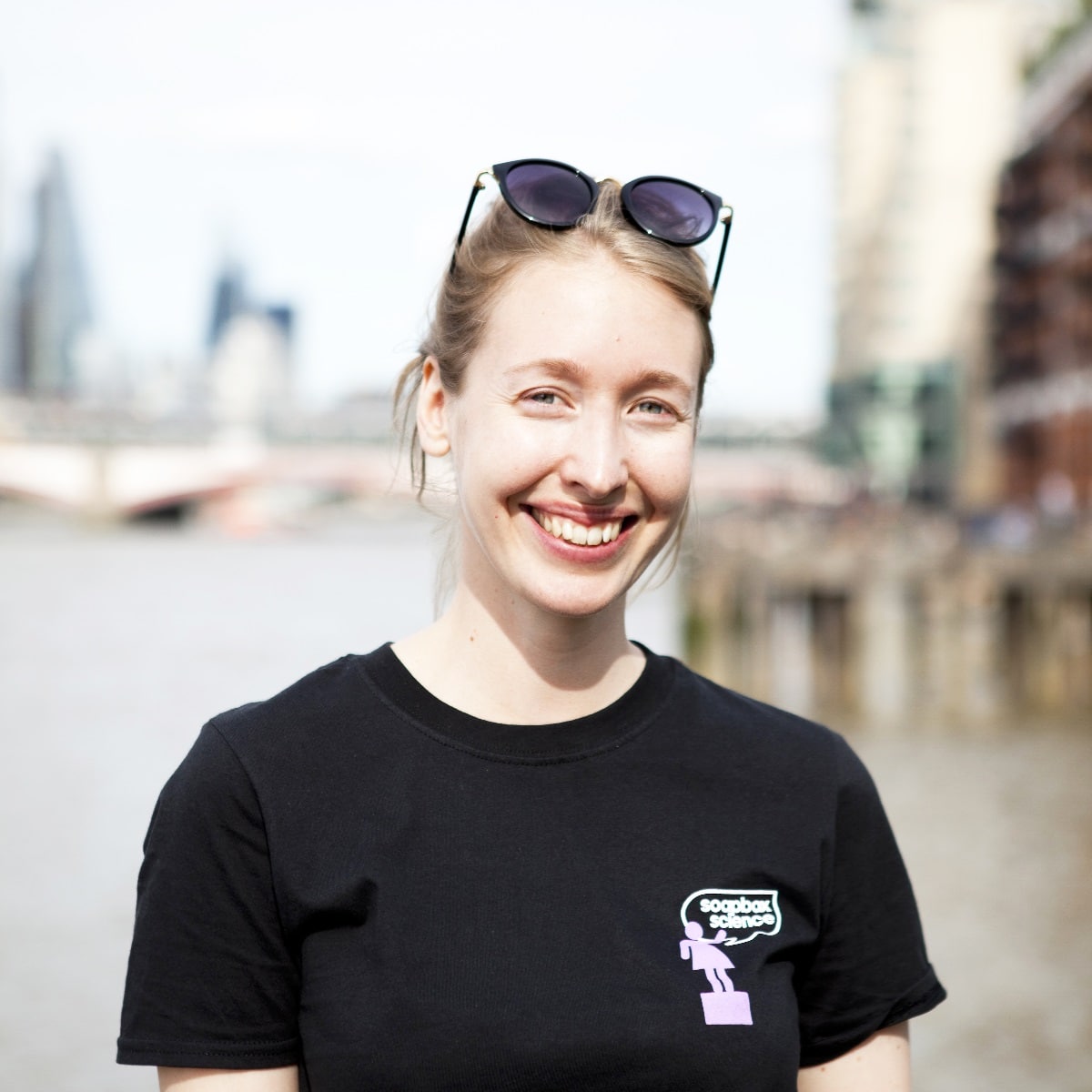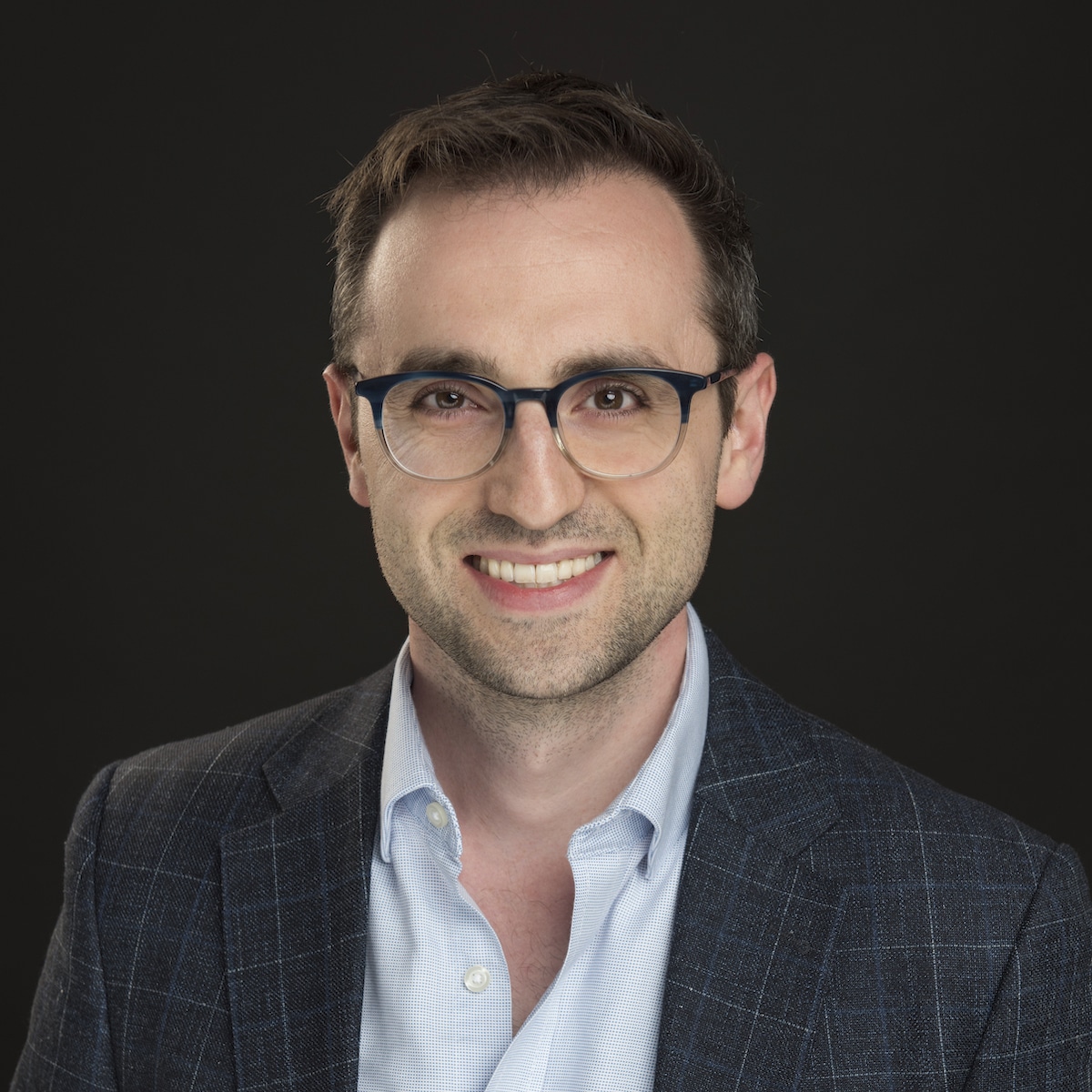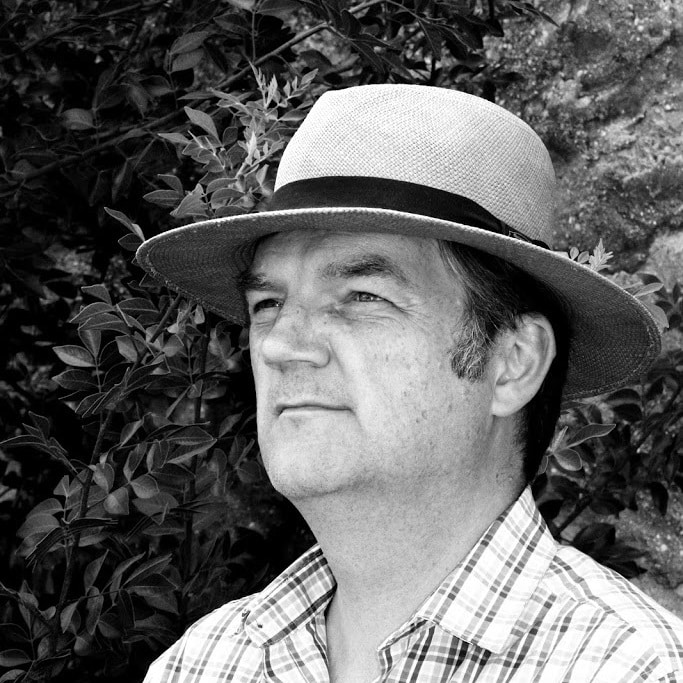If I said the word “mathematics”, it is a fairly safe bet that the reactions of those around me would be mixed. While many people love maths*, the subject can provoke quite a different reaction in others. It is common for folks to be transported back in time to childhood memories of formulae written on classroom whiteboards in what feels like a different language.
However, our second Speaker Series Live lecturer of 2024 – mathematician, concert pianist, and author Dr Eugenia Cheng – is on a mission to change that perception of the subject she loves and showcase the joy, creativity and wonder of maths, and how it underpins our everyday lives, from the food we eat to the entertainment we consume. I caught up with Eugenia ahead of her talk at the Ri in June 2024 in the spectacular Faraday Lecture Theatre to talk about the creativity, wonder and relatability of maths, and how we can all engage with it in ways that bring us joy.
*or math, if you’re American and your letter S went to celebrate Labor Day along with your letter U – and, apparently, the skirt-portion of my dress. Always big-chair-test your summer sartorial choices, friends. Even my 100mm Crossfliketas couldn’t brace me in that massive chair so my dress stayed in place, and my only back-up outfit was supplied by the Time Variance Authority, so let’s all agree to just let it go and never mention it again, kthxbye
Not Just a Mathematician
If you’ve come across Eugenia’s work, you like me will know that she is far from being “just a mathematician” – Eugenia uses her maths knowledge and her educational experience to teach maths at an art school in Chicago, as well as write books and deliver many public speaking engagements. She is also a musician, pianist, composer, and artist. She also somehow still still finds time to conduct research in category theory – the most abstract part of mathematics that focuses on finding patterns within maths and across concepts and situations. Brilliantly, a little like mathsception, “the thing that explains category theory is category theory” – or the “deepest point of explanation” as Eugenia puts it. Her explanation for her topic reminded me of xkcd 435 (and not 438 as I said in the interview, sorry xkcd fans, mea culpa), whereby her area of expertise really is the most fundamental of fundamental understanding.
Unearthing the Foundations of Knowledge
As humans Eugenia thinks that we understand things better if we understand them more deeply. This depth of knowledge enables us to make more connections, so that we can unite a broader range of things – much like in research where connections across subject areas strengthen the research we can do and the problems we can help overcome. In maths this requires a less linear way of thinking. Eugenia says it is all about creativity and also practice. However this is something we often attribute to being a natural characteristic. Eugenia reminds us that it is not just nature, as aspects of nurture definitely play a role too too, mostly through practicing new ways of thinking and doing. Practice really does make perfect, whether it is thinking in a different way for research, or whether it is learning transferrable skills in cooking that help you experiment with other things.
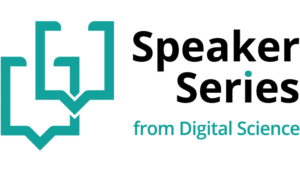
This is important when we think about problem solving. We spend a lot of time focusing on very practical solutions to solving problems, but sometimes the ability to think differently and more creatively allows us to make connections that can lead to better solutions. Maths enables people to think more philosophically and in a less application-driven way, which Eugenia describes as “illuminating”. Eugenia uses a lot of artistic vocabulary to describe maths which comes from the creativity required to think in such an abstract way. Creativity is about having ideas, and those ideas come from imagination. Maths is built on logic, but fresh ideas don’t come from that same space. Eugenia feels that maths education leaves this important part out, and I agree. Practicals in school science classes are more like demos than experiments. Eugenia would love to see a world in which we can reflect and reward more creativity and innovation in these subjects.
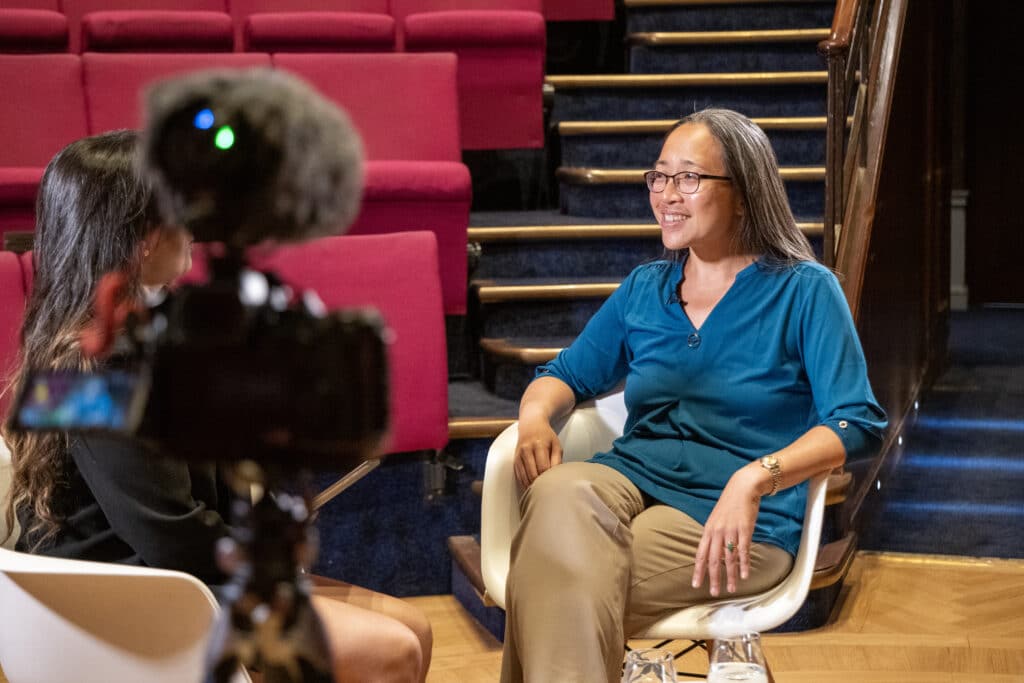
Communicating Maths to the Masses
Eugenia reflect on what a privilege it is to be able to engage with a range of audiences of all ages and interest levels. Although she has received criticism from many in the past, who have commented on what a “waste of expertise” it is for her to share her love of maths with young children, she believes that there is nothing more important to change perceptions. Discussing how challenging it must be to communicate across such a range of demographics, she says that analogy is the key to storytelling and allowing engagement with a range of complex concepts. She also reflects on the concept of practicing as a way of strengthening communication skills, and always listening, and adaptively responding to people’s reactions.
Eugenia is frustrated that the fear or dislike of maths is so widespread – though this is something that continues to motivate Eugenia. She feels that we need to be better at remembering what education is trying to achieve – and maths education in particular. If we are all working towards different goals it is hard to achieve any of them if we employ conflicting methods. Eugenia believes that teaching people how to think and how to learn is more transferable than learning how to carry out specific tasks that we always hear about when people ask why they need to learn how to do simultaneous equations, for example. She argues that maths doesn’t always have to be “useful” – it can be, and should also be, fun!
Eugenia makes a great comparison between learning and physical fitness, describing maths as the “cure strength” of learning. Maths is effective the abs and glutes of your mind. When your maths is strong through practice and training, you are in a stronger position to access other ways of thinking and making connections. A good level of confidence in maths shouldn’t be relegated to helping you calculating a grocery bill or solving an unrealistic maths problems that inexplicably always seems to involve large quantities of fruit.
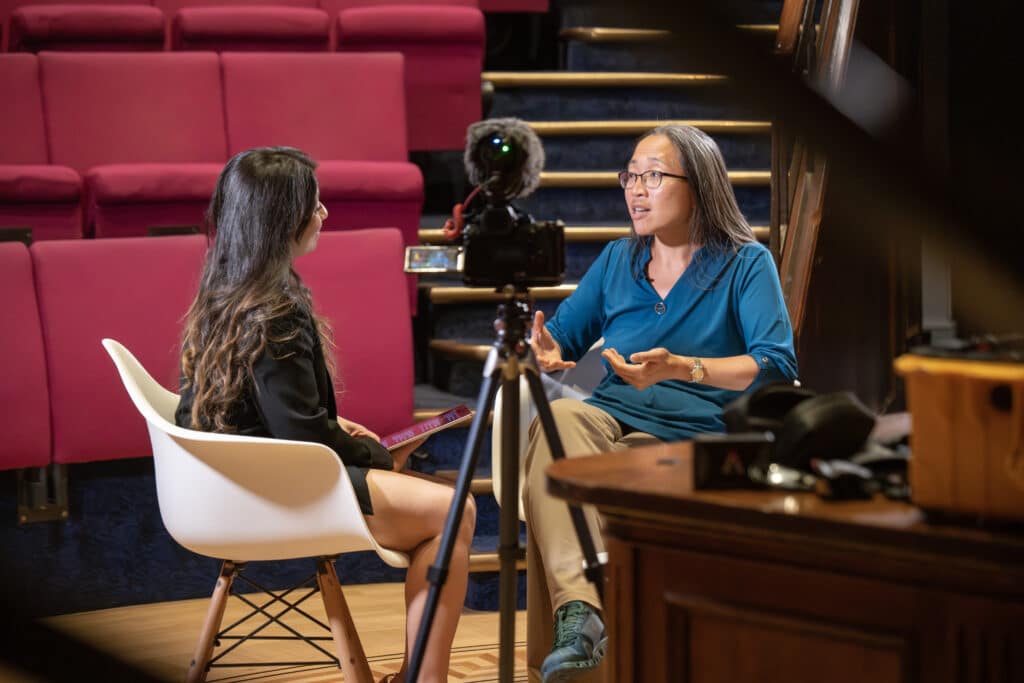
Removing the Red Tape
Eugenia believes that one way to make maths more realistic could be to make it – and other subjects – less siloed. We talk about the unrealistic siloes of the sciences, reflecting on what a shame it is that physics couldn’t be more interesting at A Level** because it had to be entirely decoupled from maths A Level, but Eugenia believes that we should expand this way of thinking to include the arts and humanities, as well as financial understanding, marketing, and business. She is a great advocate for more project-based teaching to give people more holistic and realistic experiences of how the everyday world works. In undertaking such projects that mimic situations we encounter in every day life, learners can gain a more realistic appreciation of how everything in life involves a range of subjects and skills.
However, moving to such a different way of teaching and learning requires big change and global buy-in. How can we achieve this? Eugenia is realistic in that perhaps it is a big dream to have, but every Disney fan knows that dreams can come true. However, while wishing on a star may not get us very far, perhaps showcasing the value and impact in this new way of teaching and learning, as well as investing in changes by better funding education and make it less bureaucratic could lead to novel design in educational curricula. If anyone can advocate for change in this area, I feel that Eugenia is the person to do it.
**Hi, physics fans! We’d like to remind viewers and readers that these opinions are purely subjective to the chemist and the mathematician you see before you. We know that physics is just fine, but if you’d like to complain, please join the queue behind our CEO, who I’m sure will be first in line to defend this most noble of subjects…
You can watch my interview with Eugenia on our YouTube channel, catch up on Eugenia’s Speaker Series talk on the Ri’s YouTube channel, and find all of Eugenia’s books in your favourite bookstore. You can also check out our Speaker Series playlist on YouTube which includes chats with some of our previous speakers, as well as our TL;DR Shorts playlist with short, snappy insights from a range of experts on the topics that matter to the research community.
With thanks to Eugenia for sharing her time with us, Huw James from Science Story Lab for filming and co-producing this interview, and the Royal Institution for hosting us in their beautiful Faraday Lecture Theatre ahead of Eugenia’s talk.

